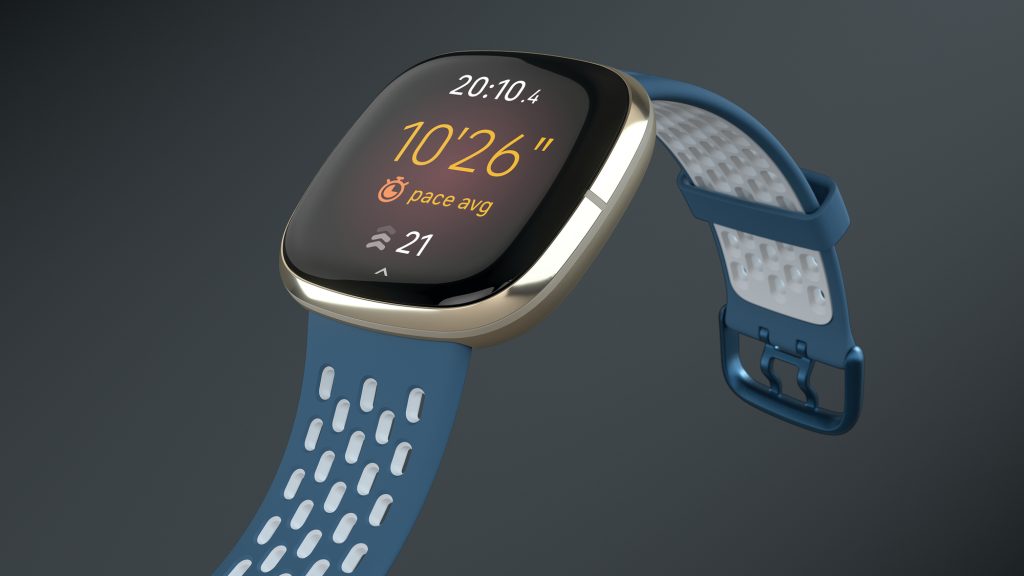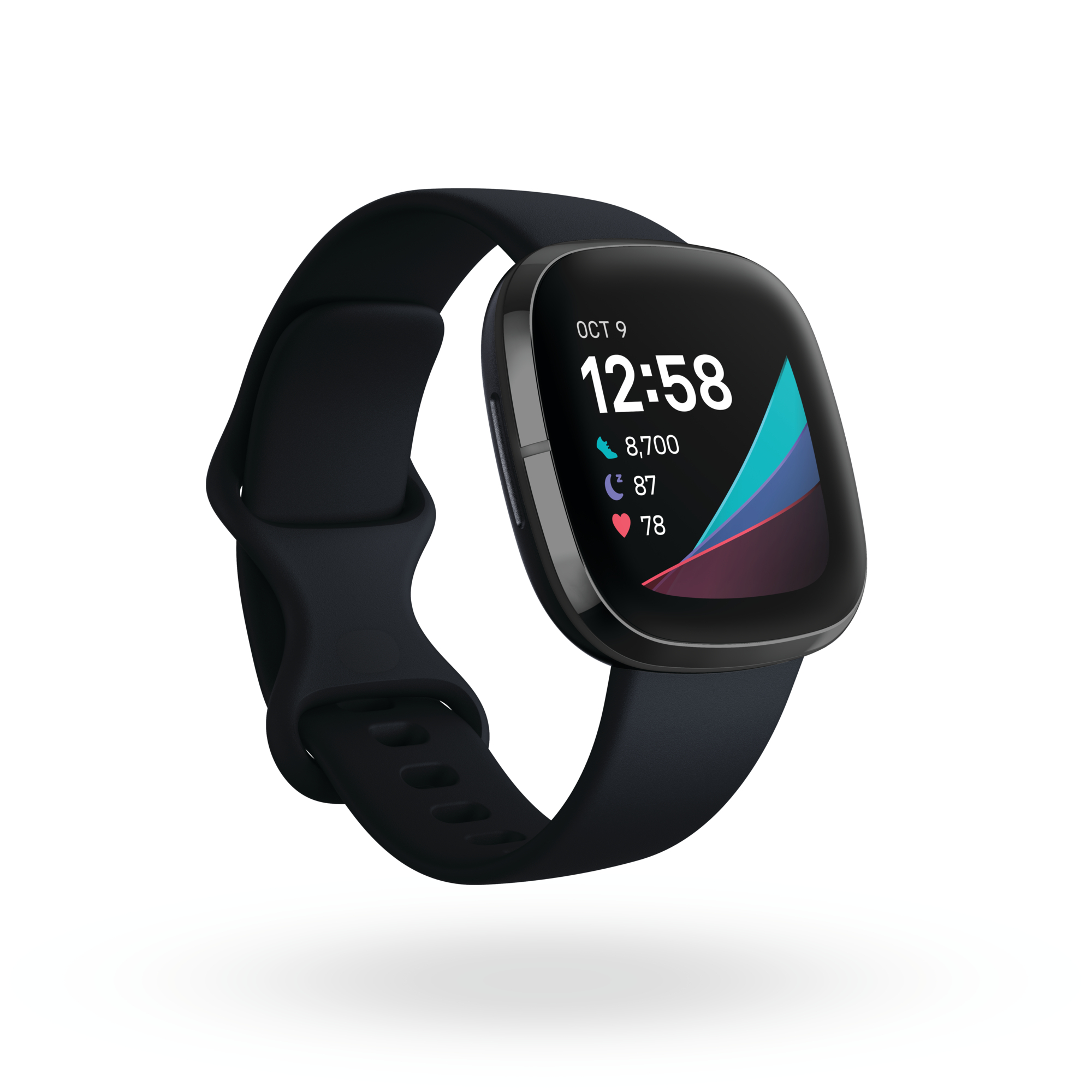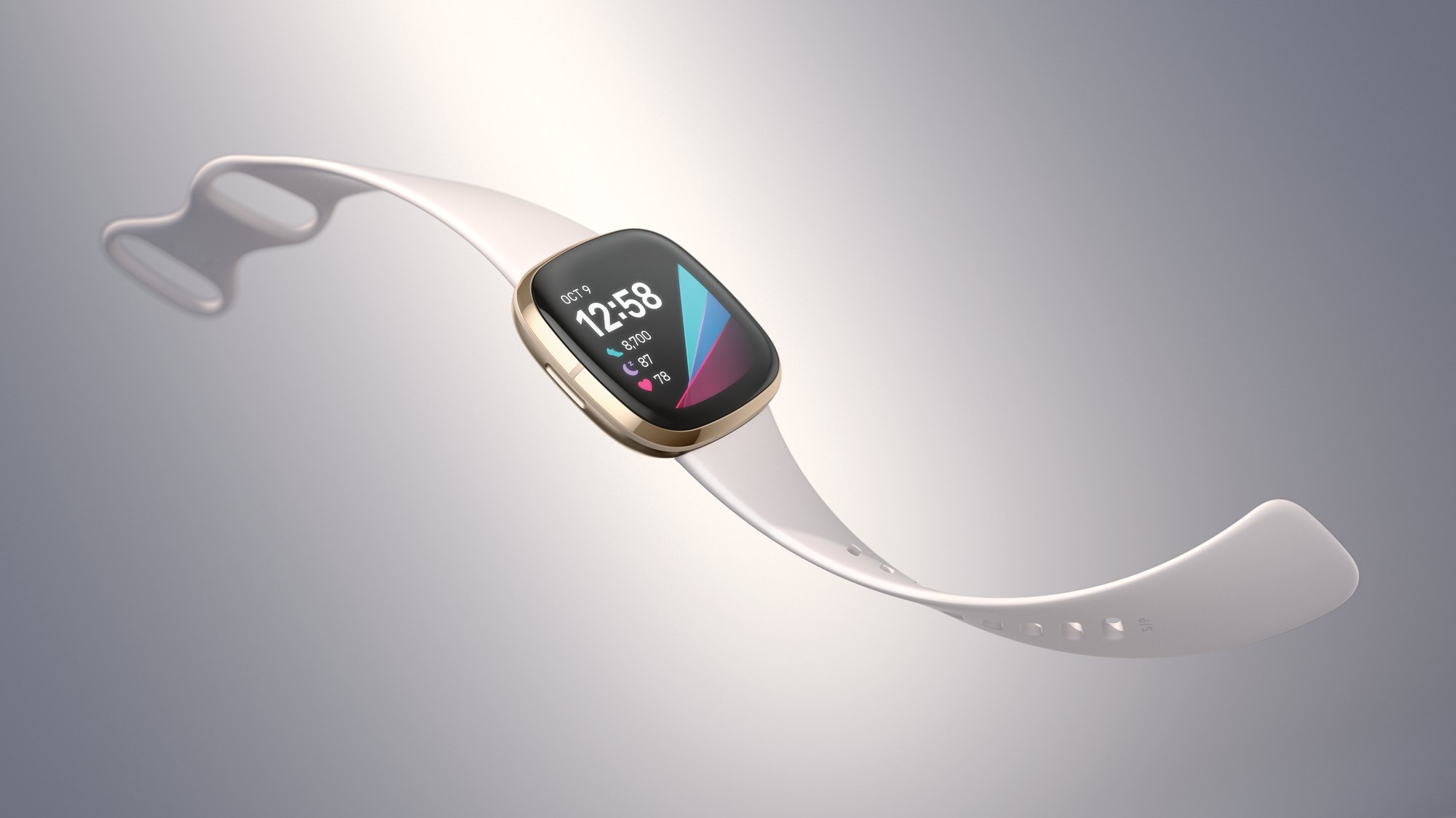Life has become a whole lot more stressful than it used to be — and life before 2020 wasn’t exactly a relaxed time. Fitbit’s newly-unveiled Sense smartwatch couldn’t have come at a better time — the company’s jammed everything it can into this wrist-borne tracker, including the ability to keep tabs on your stress levels. We might wind up going through a few of these in the coming months.
In addition to being a smartwatch (yeah, it does all the usual smartwatch-y things), the Fitbit Sense is the most feature-laden wearable from the company. Stress-tracking, while the big new feature, isn’t all it does. No, it’s going all-in on heart health as well. Plus, it’s punting its Fitbit Premium service rather hard as well, packing the service with a whole lot of very attractive extras.
No stress, man
But wait, you ask. How does a smartwatch track stress levels? How does it measure that facial tic, the throbbing feeling in the centre of your head the doctors can’t seem to measure — in short, how does it keep track of the physical manifestation of existential dread?
It’s got something called an EDA sensor, which measures electrodermal activity. This is an indicator of how your body is reacting to stress (there’s a lot of that about) and it’s measured by placing your palm on the Fitbit Sense’s screen while the included EDA Scan app is running. Should you be under stress — it takes a little while for the device to build a baseline for you — Fitbit’s also including a range of apps and features that’ll help take down your stress levels to something a little less… edgy. We can’t wait to see these features in action when the band launches later this year.
Have a heart
We’ve seen this feature in the Apple Watch and even Samsung’s getting in on the act — the Fitbit Sense arrives packing an ECG sensor, which’ll put advanced medical scans on your wrist. When, that is, it clears regulatory approval in various countries. It’ll use the metal casing as scan points — you’ll place your fingers on two corners to run an ECG — to give you even more accurate data about your heart. Fitbit’s started tracking whether your heart-rate is too low and too high with the launch of the Sense, as well as for signs of atrial fibrillation with the ECG. You’ll get notifications about whether your heart is mucking about, perhaps saving you some serious medical grief by getting you to the doctor early.
In addition, there’s also a skin temperature sensor included in the Sense, improved HR-tracking and the watch itself will come with a free 6-month Fitbit Premium trial. The company’s thrown loads of extras at its users via Premium and the service will be worth using for free and almost certainly will wind up being worth paying for afterwards. That’ll be up to you, though — your mileage may vary and all that.
As for the where and when: We’ll have those details a little later on today, at least as they pertain to South Africa — Fitbit SA said they’ll update us today. Based on international pricing, it should drop here at between R6,000 and R7,000 but don’t quote us. Official pricing will be along in a bit.
UPDATE: You’ll be able to pre-order the Fitbit Sense from September this year, with availability in SA from October. In terms of price, expect to pay R8000.






